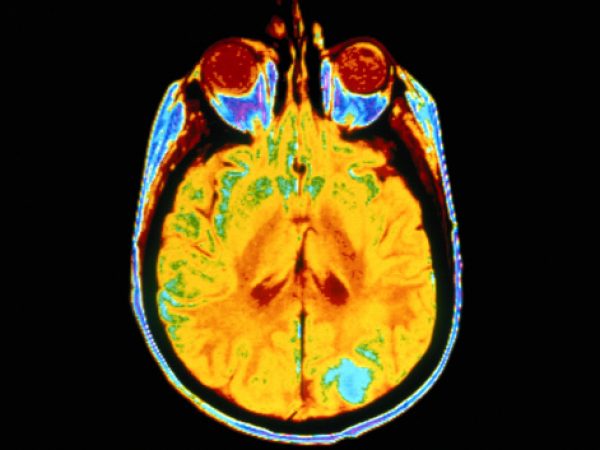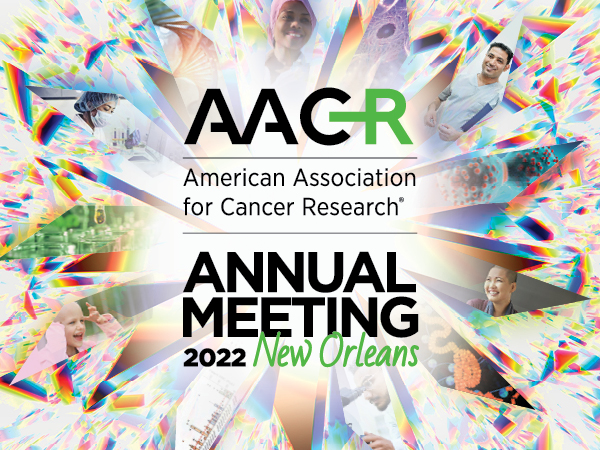Two New Studies Highlight the Broad Utility of AACR Project GENIE Data
When creating anything new, one must ask the question, “will others use it?”
A driving force behind the creation of AACR Project GENIE (Genomics Evidence Neoplasia Information Exchange) was to create an open access resource for use by all, particularly the broader cancer and biomedical research community, to provide an evidence base, especially in rare cancers and rare variants in common cancers, to advance precision medicine.
With this in mind, it is reassuring that as GENIE recently marked its fifth anniversary, more than 7,900 individuals are registered to use the public data, and 296 papers have cited the registry. Use cases for GENIE data generally fall into three broad categories: updated prevalence; external validation studies; and hypothesis generation. Two recent examples outside the inner circle of GENIE investigators are worth noting.
The first, published as a letter in the New England Journal of Medicine, found that metastatic prostate cancer tumors from Black patients harbor more clinically significant mutations than their white or Asian counterparts, reinforcing the need for diverse patient populations in precision oncology clinical trials. The second example, published last week in JAMA Network Open, compared the molecular landscapes of appendiceal cancer in patients 50 years or younger to cases in patients older than 50 and discovered distinct non-silent mutations in PIK3CA, GNAS, SMAD3, and TSC2 in younger patients. These findings set the stage for potential therapeutic advances, including the first precision medicines, for this rare disease. Moreover, the data suggest that some previously approved drugs could be potentially effective in younger patients and could be readily tested in clinical trials.
Although the history of GENIE is short, progress has been rapid and substantial. On November 6, 2015, the AACR publicly announced the launch of the Project GENIE registry at a press conference held during the 2015 AACR-NCI-EORTC Molecular Targets and Cancer Therapeutics Meeting in Boston. In five short years, much data has been released and progress has been made.
AACR Project GENIE is a pan-cancer registry of real-world data assembled through data sharing between 18 leading international cancer centers. The registry leverages ongoing clinical sequencing efforts at participating cancer centers by pooling their data to create a novel, open-access registry to serve as an evidence base for the entire cancer community. The consortium and its activities are driven by openness, transparency, and inclusion to ensure that the project output remains accessible to the global cancer research community and ultimately benefits patients.
Initially launching with eight founding institutions, the consortium subsequently added 11 new institutions in 2018 following an open call for new members. With close to 96,000 sequenced tumors, our most recent public data release—the eighth in GENIE’s short history— includes more than five times the number of sequenced tumors in our first public release from January 2016. This release encompasses more than 100 cancer types, with data from more than 14,000 patients with lung cancer, nearly 12,000 patients with breast cancer, and nearly 9,500 patients with colorectal cancer. The team is looking forward to crossing the 100,000 sample threshold with our ninth public release in January 2021 and is currently preparing a manuscript of new analyses as a follow-up to our original marker paper.
At the end of 2019, we also crossed a major milestone–our first public data releases became available in the National Cancer Institute (NCI) Genomic Data Commons for integration with other publicly available cancer studies. This was a collaborative effort between the NCI and GENIE teams, developing a tool to map between different data standards that was published and made publicly available earlier this year.
In January 2020, the first of our “deep dive” clinical studies evaluated the natural history of a relatively rare mutation, AKT1E17K, in metastatic breast cancer. This study was first presented at the AACR Annual Meeting 2019, and the data are now available in the public project portal. During the virtual AACR Annual Meeting 2020, a first-of-its-kind session featured six oral presentations from submitted abstracts using the GENIE data, as well as interim data from the BioPharma Collaborative (BPC) NSCLC cohort. The BPC is a five-year precompetitive collaboration with nine pharmaceutical companies generating deep clinical annotation on approximately 50,000 cases from the GENIE Registry. In keeping true to our commitment to open science, the full BPC NSCLC cohort will be made publicly available less than a year from now. The session, chaired by Greg Riely, MD, PhD, from Memorial Sloan Kettering Cancer Center, featured three talks from GENIE Consortium Members, and three talks from data users outside of the GENIE Consortium, with the livestream attended by more than 5,000 individuals. A similar session planned for the 2021 AACR Annual Meeting is shaping up to be as exciting.
The consortium also has a new chairperson, starting in January 2021. Philippe Bedard, MD, from the Princess Margaret Cancer Center/University Health Network Toronto will succeed founding Chair Charles L. Sawyers, MD, who conceived of the project and has served it tirelessly since its inception. Serving initially on the project steering committee, and subsequently the executive committee, Bedard has been an active contributor to all facets of the project from the time of the initial think tank in 2014 and we look forward to working even more closely together during the next two years.
It has been an exciting and rewarding first five years, and in the words of Frank Sinatra, I am more than certain that the best is yet to come.
Shawn M. Sweeney, PhD, is the director of the AACR Project GENIE Coordinating Center and project lead, having served the project since its inception.



